
The Ada Songor Salt Women’s Association (ASSWA), an association of salt winners from the Ada traditional area, has renewed calls for the ban of mini dams or dykes around the Songor Lagoon popularly referred to as “Atsiakpor”.
“Atsiakpor” is a system where rich private individuals acquire portions of the area around the Songor lagoon for wining salt and employ the women to win the salt at one Ghana cedi (Ghc 1) per a big pan of salt won.
It is not only private rich people but also the chiefs and foreign individuals have acquired and shared the lagoon as their private enterprise.
So, the Songor lagoon which before the introduction of the Economic Partnership Agreement (EPA) and Structural Adjustment Programme (SAP) of the Provisional National Defense Council (PNDC) in April 1983, was a free gift of nature for all the communities living in and around the Songor lagoon, providing a source of livelihood and income to cater for the women and their children, has now become a private property of a few privileged persons.
ASSWA explains that whilst “Atsiakpor” restrains the production of salt in an environmentally friendly manner, it also subverts the communal values that recognise the collective ownership of the resource.
They made the call for the ban of “Atsiakpor” at a ceremony to mark the 32nd anniversary of death of Margaret Kuwornu, a salt winner who was shot dead by a stray bullet in a police raid on salt winners in the Songor Lagoon at Bonikope in Ada on Friday 17th May 1985.
Pictorial evidence from the area reveal huge hectares of land around the Songor lagoon have been forcefully grabbed by both local and private businessmen in collusion with some chiefs of the area.
Edith Osabutey Akumo, Secretary to the association explains that with the aid of sophisticated pumping machines, these private businessmen draw brine or sea water out of the lagoon to produce salt privately. Water levels in the lagoon have dropped and the communities cannot fish in it or win salt from it as they used to do.
According to her, this method of salt production impacted adversely on the natural salt producing character of the lagoon and lead to the marginalization and enslavement of many women who are left without an option but to work in these small dams for the owners for paltry sums of Ghc 1 per pan. Cases of sexual abuse have also been reported by the women. It is alleged that unless a woman sleeps with a private businessman or agent, she cannot have access to even work at salt winning.
INTERGENERATIONAL EQUITY
Questions about how to use the fruits of the lagoon in a manner that benefits future generations have been raised by ASSWA. According to the association, large scale salt producing companies exploiting the lagoon are not interested in the buildup of social and capital infrastructure to support future generations.
ASSWA contends that if the current approach to the exploitation of the resource does not change, Ghana will lose control over salt as a resource.
Salt is a required product in the oil and chemical industry and Ghana will be forced to buy salt with its scarce foreign exchange from outside the country.
LIVELIHOOD FOR ALL
ASSWA is taking the bull by the horns with the launch of a “Songor Plan for Livelihood for All.”
The process advocates a return to equitable communal access to the Songor lagoon and a right to use the lagoon as a communal resource. It also demands participation in decision making affecting the communal rights of the people.
Edith pointed out that although “We are non-literate because of poverty and cultural barriers we are deeply knowledgeable about the developments, laws and agreement on the Songor”
ASSWA is calling for a return to the communal values that recognised that the lagoon must be for the benefit of all through the rigorous implementation of a Master Plan for salt production prepared in 1991 referred to as PNDC Law 287.
According to ASSWA, twenty five years after the passage of the law, it only remained a model of how to undertake community-inclusive development planning.
As members of the contiguous communities of the Songor and as women who nurture all aspects of life in the Songor, said Edith, we have a right to be part of every decision on or about the Songor adding that this principle is drawn from the heart of the Sustainable Development Goal that calls on the Ghanaian government to “ensure responsive, inclusive, participatory and representative decision making” at all levels of society.
SALT IMPORT COMPOUNDS PROBLEMS
Mary Akuteye, President of ASSWA is deeply worried over the huge volumes of imported salt into the country. According to her, local production by artisanal salt miners suffered a double agony when it had to deal with “Atsiakpor” and compete with the huge volumes of imported salt.
According to her, the local salt winners at the Keta and Songor lagoons can produce enough salt for industrial and domestic use but are affected by government policy that fails to create a conducive environment for the growth of their industry.
ASSWA believes that the lagoon hold the key to the socio-economic challenges the bedeviled communities around the lagoon. It called on the youths and members of the contiguous communities to take a keen interest in the protection, sustainability and the development of the lagoon.
“The Songor lagoon is an avenue for employment. It can also provide the funds needed to provide infrastructure and aquaculture development. It can also serve as a tourist attraction given the long history of the lagoon and the role it has played in many Western African economies,” said Ms Akuteye.
By Duke Tagoe
Read Full Story









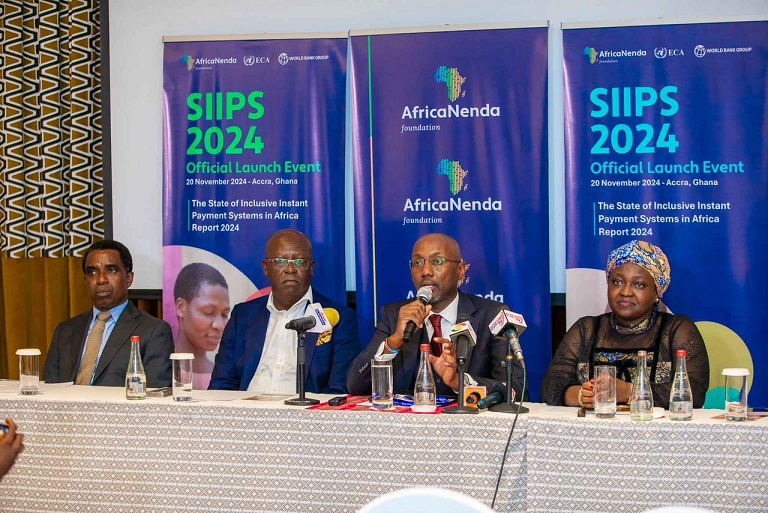
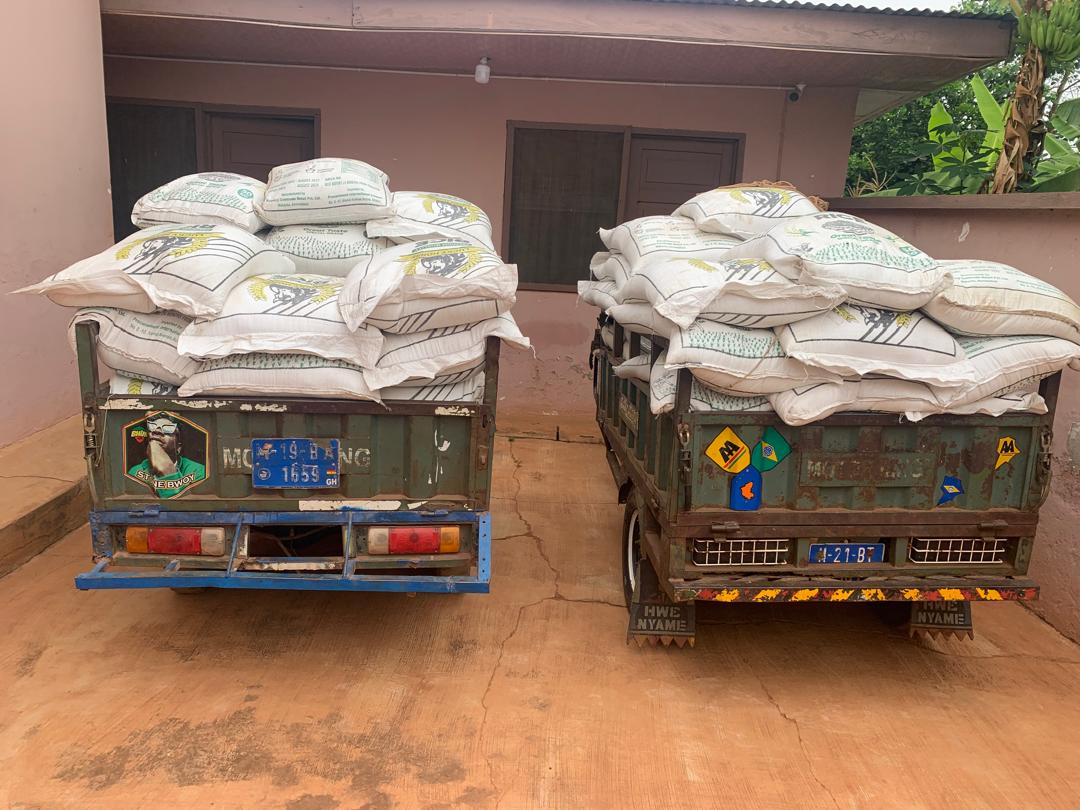
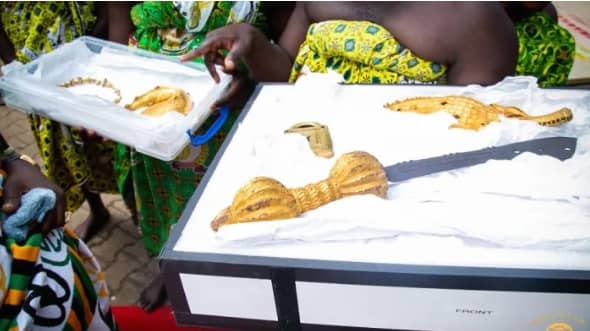


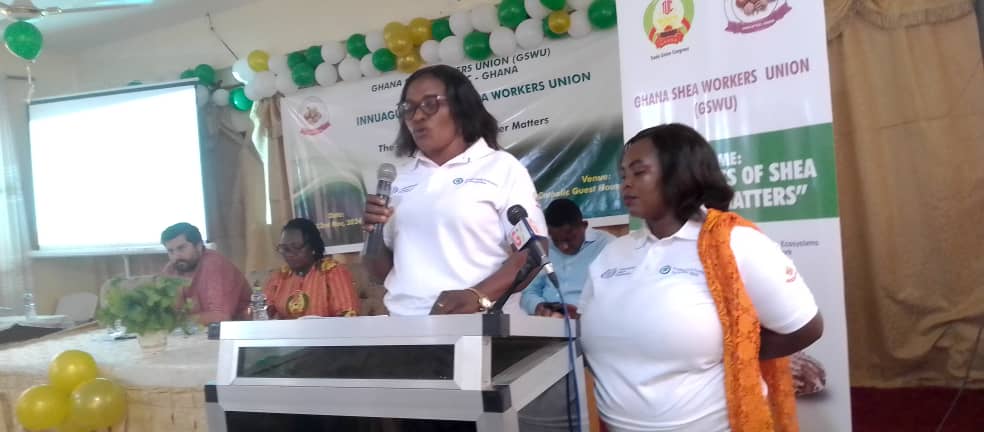
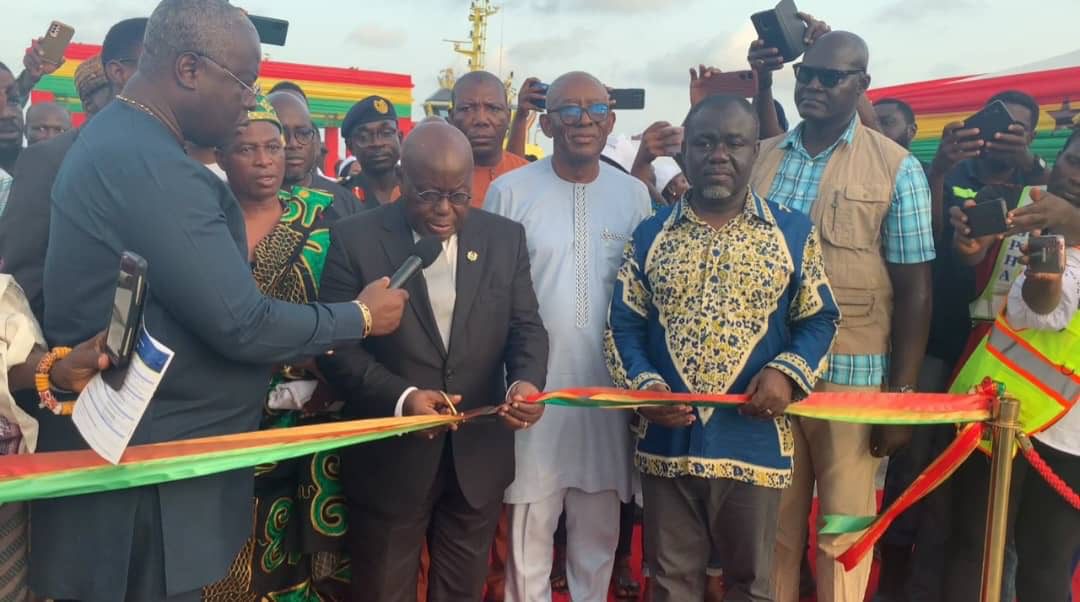
Facebook
Twitter
Pinterest
Instagram
Google+
YouTube
LinkedIn
RSS